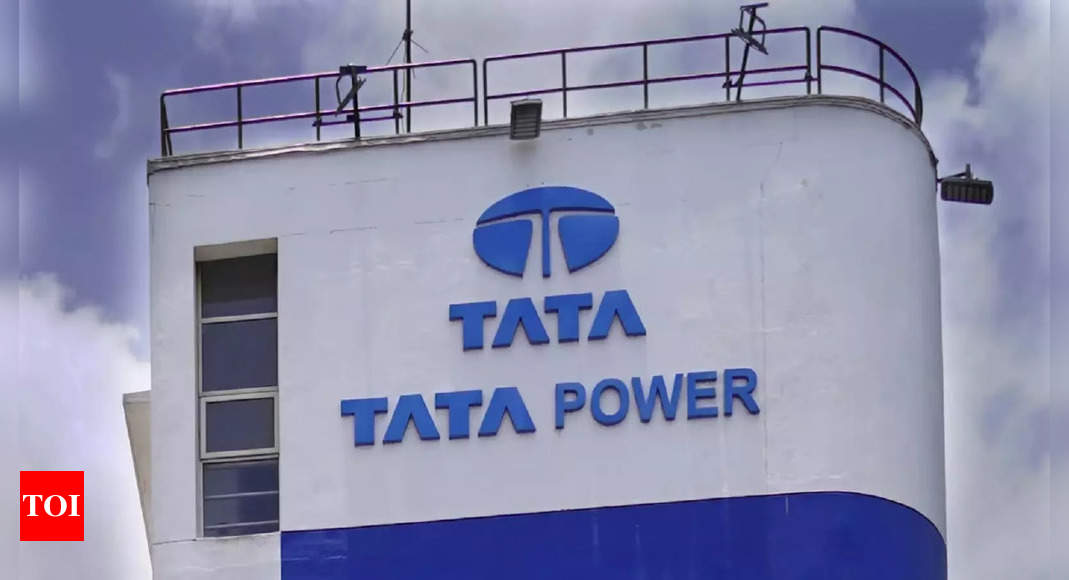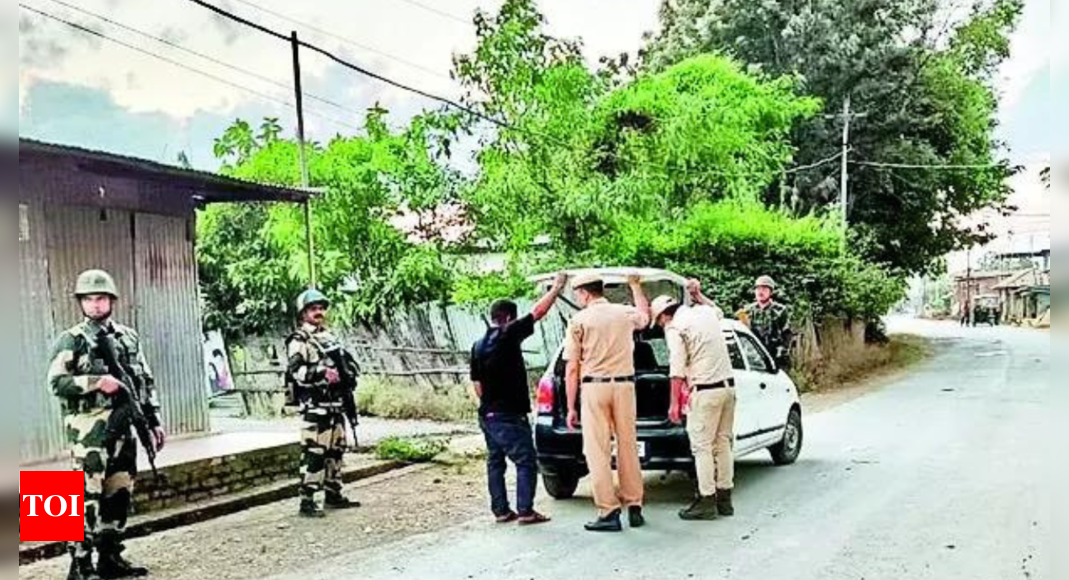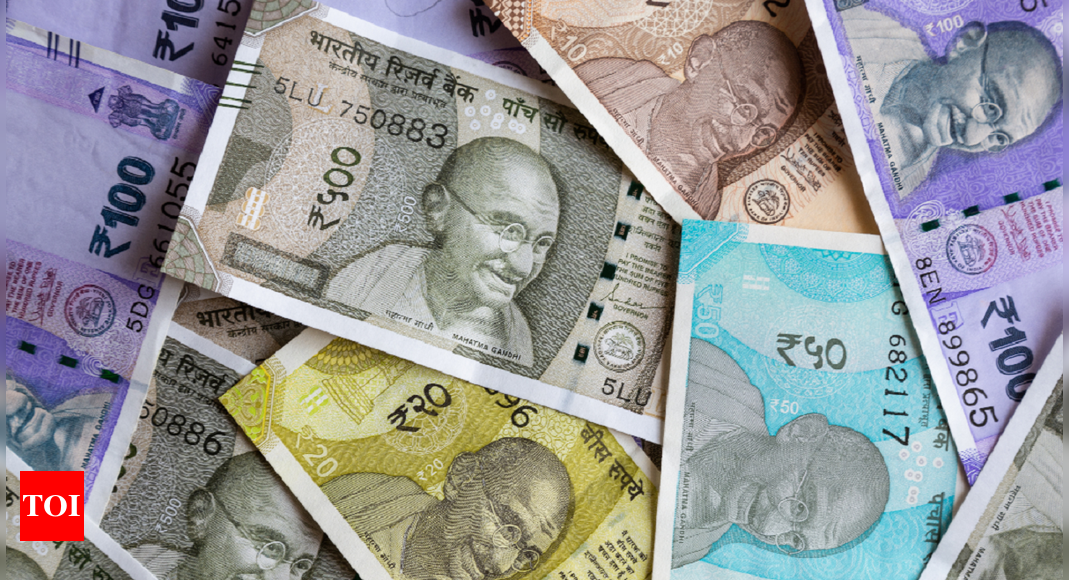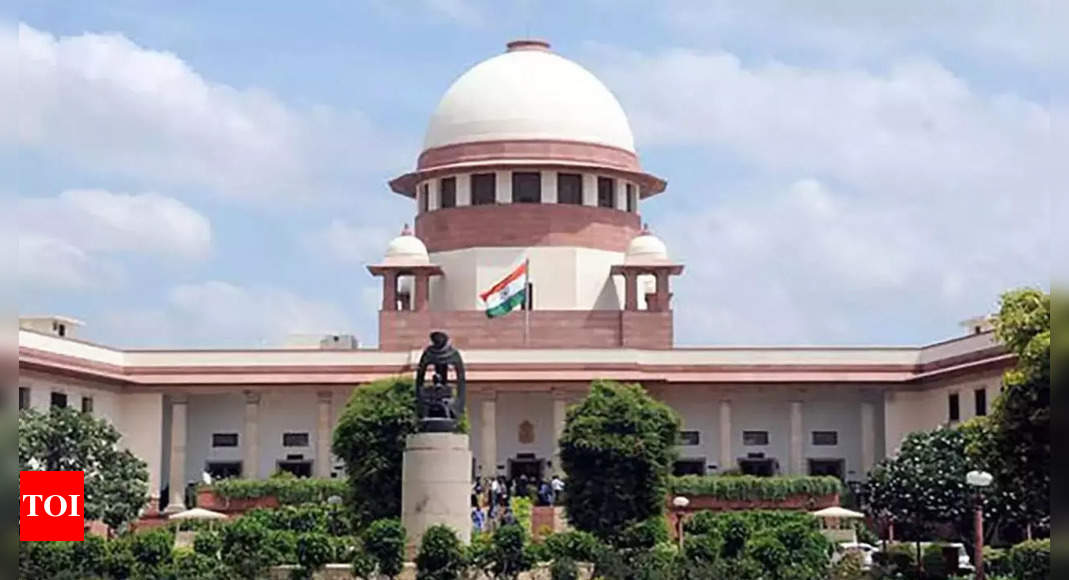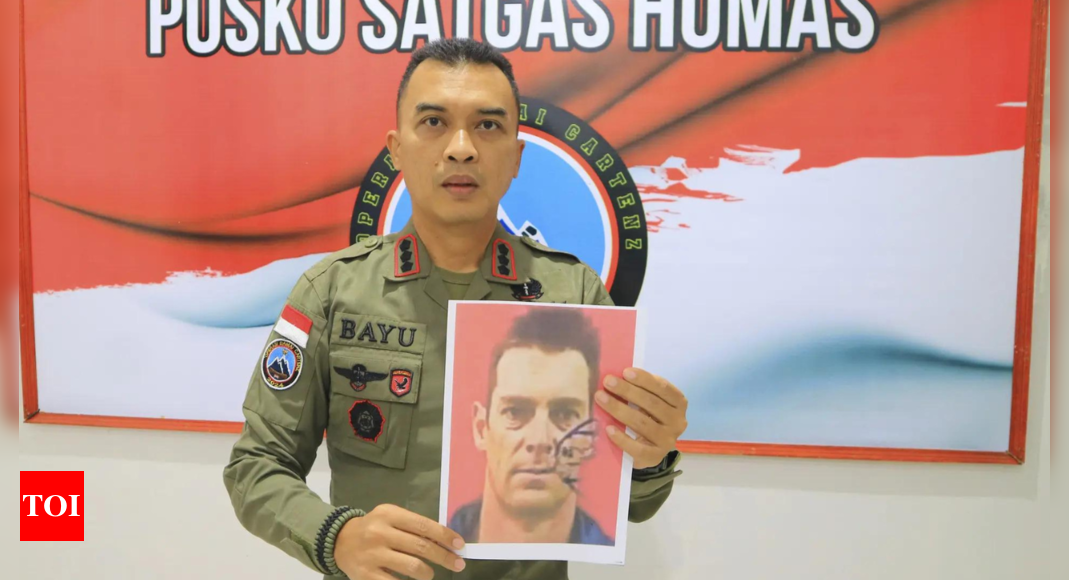
A violent confrontation erupted in Indonesia’s restive Papua region on Monday, as gunmen stormed a helicopter, killing its New Zealand pilot shortly after landing. The attackers, suspected to be from the West Papua Liberation Army, released the Indigenous Papuan passengers — a stark contrast to the fate of the pilot, Glen Malcolm Conning, whose life was brutally cut short in the remote village of Alama.
Conning, employed by the Indonesian aviation company PT Intan Angkasa Air Service, had just touched down in the mountainous district of Mimika, Central Papua province, when the ambush occurred, accoring to AP. The assailants, who reportedly belong to the armed wing of the Free Papua Movement, wasted no time in setting fire to the helicopter after executing the pilot. The passengers, two health workers and two children, were spared, likely due to their local ties, police said.
Faizal Ramadhani, a member of Indonesia’s National Police and the head of the joint security peace force in Papua, confirmed the pilot’s death and the attackers’ swift retreat into the dense jungle. “All passengers were safe because they were local residents of Alama village,” Ramadhani said as quoted by AP. He also said that the village’s isolated nature, accessible only by air.
The West Papua Liberation Army, through spokesperson Sebby Sambom, neither confirmed nor denied responsibility for the attack. Sambom issued a chilling warning to foreign pilots, saying, “if that happens, it was his own fault for entering our forbidden territory…if anyone disobeys, they must bear the risk themselves.”
The incident has cast a shadow over the already tense relations between Indigenous Papuans and Indonesian authorities. The region, rich in minerals but fraught with conflict, has long been a flashpoint for violence. This attack is the latest in a series of deadly encounters, including the ongoing abduction of New Zealand pilot Philip Mark Mehrtens by the same rebel group since February 2023.
New Zealand’s foreign ministry expressed concern over the incident, with the embassy in Jakarta seeking further details. The situation remains volatile, as security forces scramble to locate the attackers while the international community watches closely.
The violence in Papua has deep roots, tracing back to its controversial incorporation into Indonesia in 1969 after a UN-sponsored ballot, widely criticized as a sham. Since then, the region has simmered with insurgency, fueled by the stark cultural and ethnic differences between the Indigenous Papuans and the rest of Indonesia.
Conning, employed by the Indonesian aviation company PT Intan Angkasa Air Service, had just touched down in the mountainous district of Mimika, Central Papua province, when the ambush occurred, accoring to AP. The assailants, who reportedly belong to the armed wing of the Free Papua Movement, wasted no time in setting fire to the helicopter after executing the pilot. The passengers, two health workers and two children, were spared, likely due to their local ties, police said.
Faizal Ramadhani, a member of Indonesia’s National Police and the head of the joint security peace force in Papua, confirmed the pilot’s death and the attackers’ swift retreat into the dense jungle. “All passengers were safe because they were local residents of Alama village,” Ramadhani said as quoted by AP. He also said that the village’s isolated nature, accessible only by air.
The West Papua Liberation Army, through spokesperson Sebby Sambom, neither confirmed nor denied responsibility for the attack. Sambom issued a chilling warning to foreign pilots, saying, “if that happens, it was his own fault for entering our forbidden territory…if anyone disobeys, they must bear the risk themselves.”
The incident has cast a shadow over the already tense relations between Indigenous Papuans and Indonesian authorities. The region, rich in minerals but fraught with conflict, has long been a flashpoint for violence. This attack is the latest in a series of deadly encounters, including the ongoing abduction of New Zealand pilot Philip Mark Mehrtens by the same rebel group since February 2023.
New Zealand’s foreign ministry expressed concern over the incident, with the embassy in Jakarta seeking further details. The situation remains volatile, as security forces scramble to locate the attackers while the international community watches closely.
The violence in Papua has deep roots, tracing back to its controversial incorporation into Indonesia in 1969 after a UN-sponsored ballot, widely criticized as a sham. Since then, the region has simmered with insurgency, fueled by the stark cultural and ethnic differences between the Indigenous Papuans and the rest of Indonesia.




